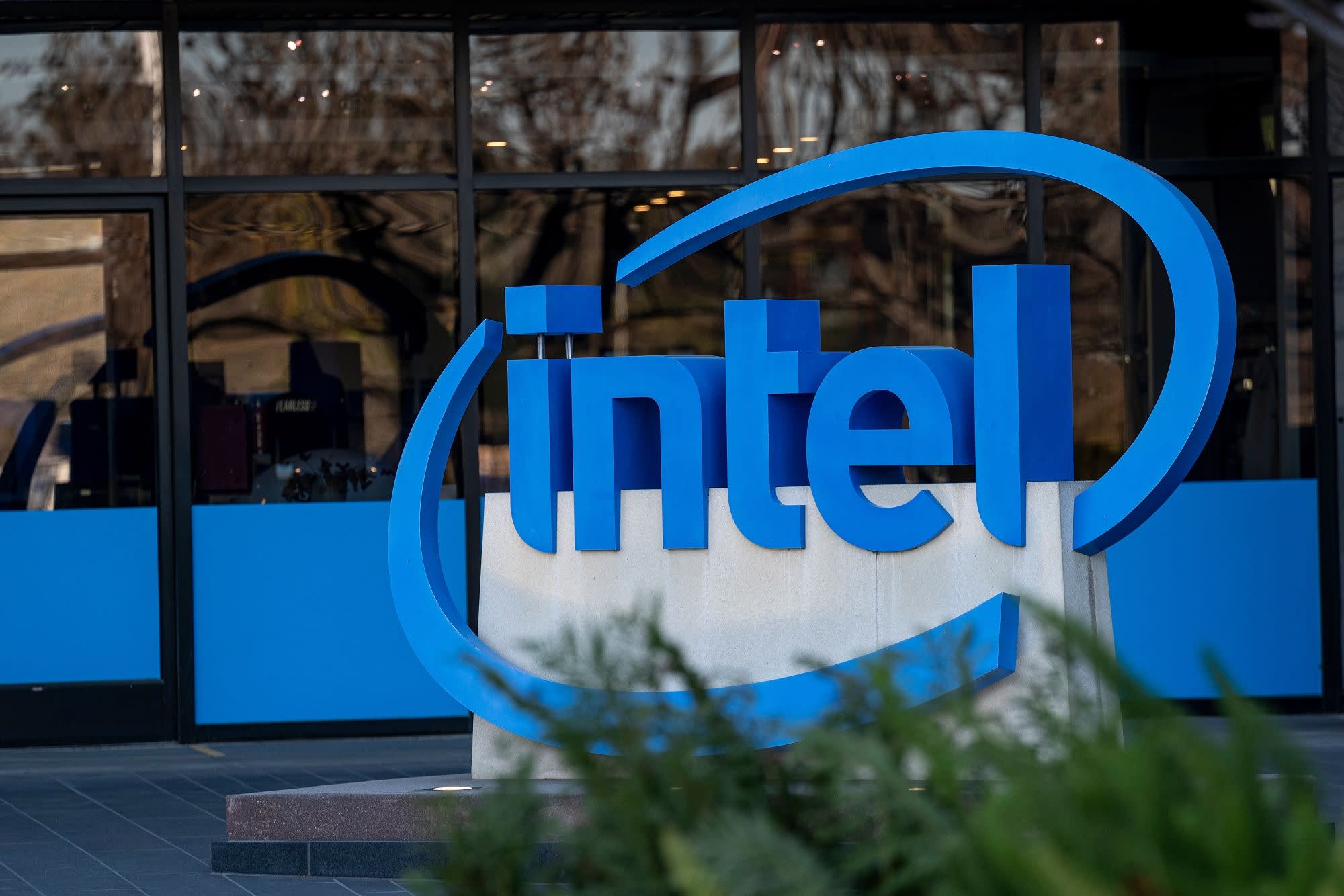Optane has long occupied a kind of no man's land in personal computing, but Intel aims to change that with its latest drive. Known as 3D XPoint before the "Optane" rebrand, the technology exists as a best-of-both-worlds proposition between ultra-fast RAM and SSDs. Consumer pricing for the technology is, per GB, not as excruciating as the $4 per GB RAM typically goes for, but nowhere near the economy of SSDs, which typically cost closer to 10 cents per GB.
The most convincing pitch for Optane has always been as an SSD accelerator, rather than a SSD replacement. No matter how fast the SSD in your computer is, the core technology is best suited to large, sequential data transfers, which is not what everyday computing typically entails. Optane's specialty, on the other hand, is its low-latency handling of small reads and writes, so combining an Optane drive with a regular SSD (and a compatible Intel processor) has been shown to accelerate certain aspects of performance such as loading applications.
With its latest Optane product, Optane memory H20, Intel does that SSD-acceleration trick in a single stick. This isn't its first attempt to do so, as the H20 is the direct successor to 2019's H10, which found its way into a few laptops. Arriving in a standard M.2 2280 format in June, it'll be available in 512GB and 1TB configurations, each with 32GB of Optane memory on board.
H20 drives are intended to be accessible and relatively low-cost. The SSD component is a QLC or "quad-level cell" drive. We produced an episode of our Upscaled explainer show on the difference between SLC, TLC and QLC, but long story short, QLC squeezes four bits of information into each cell, creating greater capacity SSDs at the expense of speed. While the value proposition right now isn't fantastic — a 1TB QLC drive is similar in price to a higher-performance 1TB TLC drive — it's expected that QLC drives will eventually be far cheaper than TLC alternatives, at the same time able to reach higher capacities.
Storage Review has put one of Intel's drives through its paces in a range of tests and the results are encouraging. With Optane turned on, the QLC drive on the H20 stick managed around 2,900MB/s and 1,421MB/s in sequential reads and writes, respectively, in benchmark tool CrystalDiskMark. If you're familiar with typical SSD performance, those numbers are unlikely to impress — a modern PCIe 4.0 drive can achieve more-than double those numbers. However, as suggested earlier, computing rarely involves large sequential reads and writes, and in random tests, Optane posted much better numbers. Its Q1/T1 read figures in particular outpace the strongest conventional SSDs on the consumer market, while other random scores were also strong.
All-told, H20 drives appear to be significantly faster than H10, Intel's earlier attempt to package Optane and SSD together, offering double-digit percentage improvement in speed over the 2019 drives. The ultimate goal of Intel here isn't to set new speed records or corner the performance market, though. Instead, it's to boost performance of a cheaper, capacious QLC SSD to the point where it is either matching or beating the sort of SSDs that find their ways into laptops from major manufacturers. Essentially, it wants to produce larger SSDs for less money than they cost right now.
Like H10 drives that came before, the H20 will initially be available to OEMs such as HP and Dell. They're expected to mostly find their way into laptops, but will likely also show up in prebuilt systems over time. Whether through an official release or just the gray market of replacement parts, you can expect H20 drives to also find their way into aftermarket channels for enthusiast users. Using one of these drives to its full potential, however, will require a compatible Intel processor.
All products recommended by Engadget are selected by our editorial team, independent of our parent company. Some of our stories include affiliate links. If you buy something through one of these links, we may earn an affiliate commission.
The Link LonkMay 18, 2021 at 04:11PM
https://ift.tt/3eVLYNC
Intel's next-gen hybrid Optane SSDs are coming to laptops soon - Engadget
https://ift.tt/2YXg8Ic
Intel

No comments:
Post a Comment